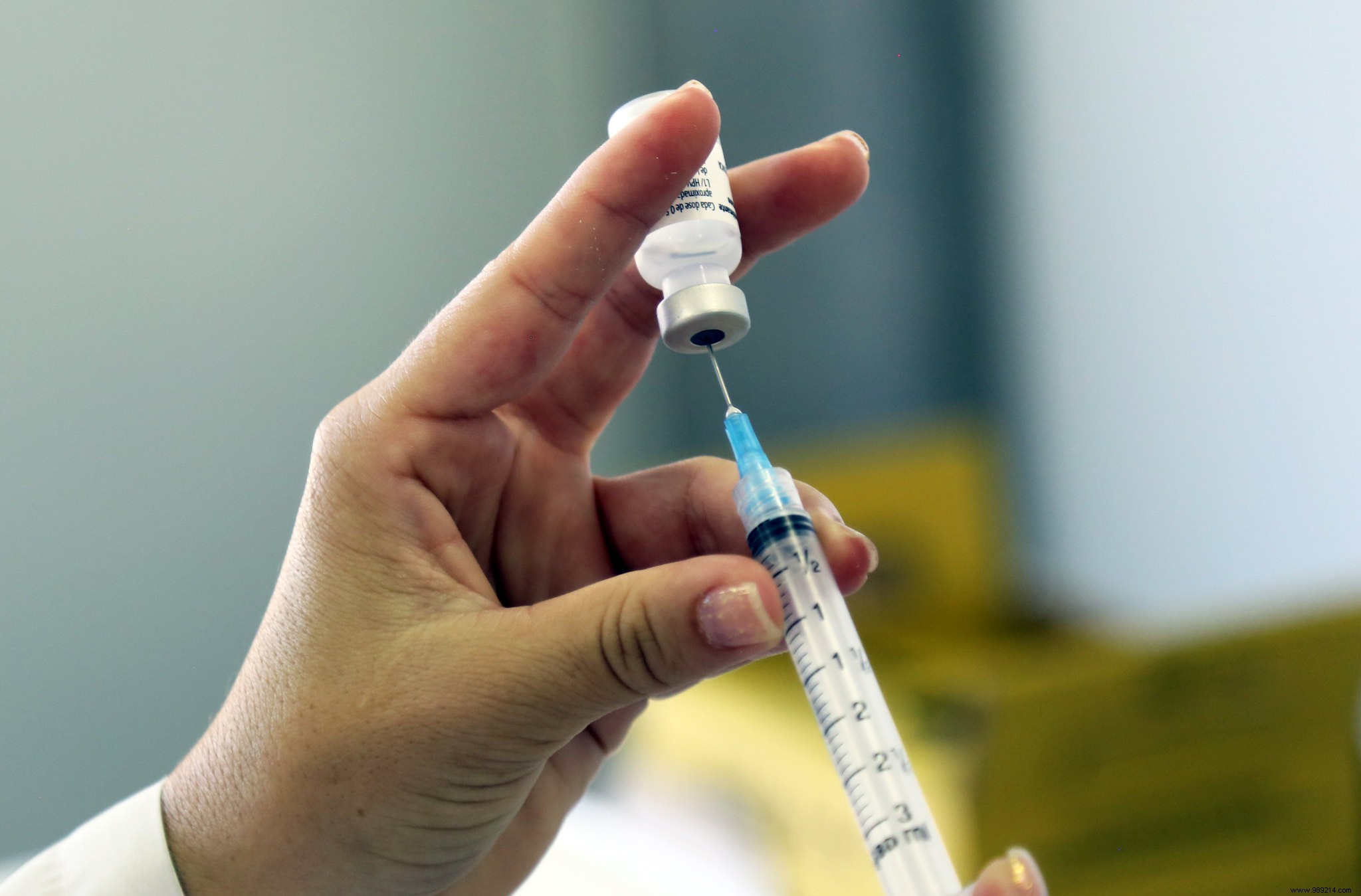When a vaccine is ready to be administered to populations, we will have to think of a way to distribute the doses fairly. A group of health ethicists recently criticized the World Health Organization (WHO) plan. The latter wishes to allocate to each country enough doses to vaccinate 20% of their population.
In the near future, a vaccine against the coronavirus SARS-CoV-2 will be widely distributed . It may be the Russian vaccine Sputnik V, the preliminary results of which have been rather encouraging. However, the question of the fairness of the first distributions remains subject to debate. First of all, remember that the WHO wants to give a sufficient quantity of doses for each country to vaccinate 20% of their population.
In an op-ed published in the journal Science on September 3, 2020, an international group of health ethicists criticizes this project. Experts led by Ezekiel Emanuel of the University of Pennsylvania School of Medicine (USA) are looking for another solution, namely a fairer allocation scheme between countries.
For the authors of the publication, giving the same proportion of vaccines to each country is a false ethical good idea. According to them, it will be fairer to give priority to the countries where the situation is the most worrying. The first thing to do would be to reduce the number of premature deaths. The group is also against the idea of distributing vaccines based on the number of medical workers or elderly people. Indeed, this solution would inevitably benefit most developed countries.

The experts presented their Fair Priority Model. The first step is to calculate the years of life gained in a country receiving one million doses of vaccine. For example, giving a million vaccines to Peru is more relevant than giving them to New Zealand. Currently in Peru, the pandemic is killing a thousand people every day. The authors of the post also refute critics lambasting a solution rewarding 'bad students' of the pandemic. These include the United States and Brazil, which have failed to stem the epidemic due to incompetence or other reasons.
After calculating the lives saved to identify the countries in the emergency, the authors believe that it is incumbent to take into account the other consequences. These include economic and social damage, school closures, unemployment and of course, poverty. However, the priority populations would not necessarily be doctors and other nurses. It would be a question of giving priority to people whose housing, employment or age makes them more vulnerable to the coronavirus. This vision of global sharing of future vaccines Will it resonate with world leaders? Only time will tell.